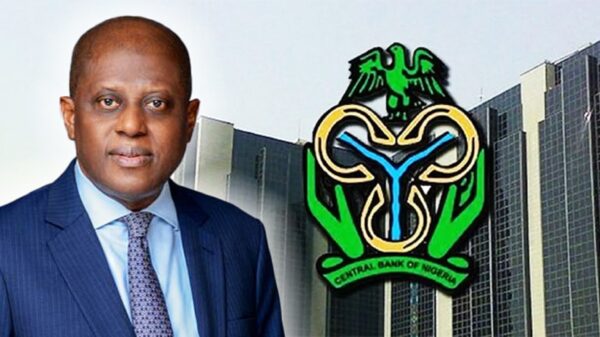Nigeria, facing a cash crunch, has seen its financial landscape evolve with the recent disclosure by the Association of Senior Staff of Banks, Insurance, and Financial Institutions.
This revelation attributes the country’s cash scarcity to the panic withdrawals made by bank clients and the actions of individuals hoarding Naira notes for their personal gain. This has ignited a wave of concern within the financial sector, echoing the repercussions on the economy’s inflation.
The Debt Revelation
As per the Debt Management Office (DMO), Nigeria’s overall public debt stands at a staggering 87.9 trillion Naira, approximately equivalent to $14.35 billion US dollars.
This comprehensive figure encompasses the combined external and domestic debt of the federal government, the 36 states, and the federal capital territory. Notably, this figure represents a minute uptick of 0.61% from the previous recorded debt of 87.38 trillion Naira.
Analyzing the Causes
In an effort to understand the roots of this escalating debt scenario and the related panic withdrawals, a conversation with a financial expert sheds light. ‘The expert identifies a series of events, including the declaration by the Central Bank of Nigeria regarding the acceptance of both old and new denominations as legal tender indefinitely. However, this announcement didn’t entirely curb the apprehensions within the populace.
The expert underscores a significant trust deficit between citizens and the government, fueled by uncertainties arising from previous directives and a lack of clarity on currency policies. Consequently, this climate led individuals, including the elite, to hoard substantial amounts of new currency notes, aggravating the cash scarcity issue.
Impact on Economic Circulation
The conversation veers into the dynamics of money circulation. There were policies in place aiming to regulate the flow of currency; however, these measures were insufficient to meet the circulating demand. As a result, money was withheld by the public, leading to reduced volumes within the banking system.
Furthermore, a decline in digital transactions, usually witnessed during this period, was observed. This shift was attributed to a growing preference for cash due to prevailing economic uncertainties, intensifying the challenges faced by the financial sector.
Debt Management and Implications
While the debt increase of 1.3 trillion Naira might seem routine, it holds deeper implications for Nigeria’s financial stability. The country’s ability to repay debts was demonstrated by the payment of significant portions of Eurobonds and funds owed to the International Monetary Fund (IMF).
However, managing this debt requires sacrifices akin to an individual managing personal finances. Meeting debt obligations often entails redirecting resources from essential areas like healthcare and infrastructure development.
Economic Prospects and Challenges
Notwithstanding the debt burden, Nigeria’s economic trajectory holds potential. The increased value of oil revenue in local currency has somewhat mitigated the need for excessive money printing. The expert highlights the importance of leveraging these resources to bridge budget deficits and spur economic growth.
However, it remains crucial for the government to carefully strategize debt management, harnessing the opportunities present to bolster the economy’s fundamentals and strengthen the national currency.
Conclusion
As Nigeria grapples with its escalating debt, the onus lies on strategic fiscal measures and building trust between the government and its citizens. Transparent policies, coupled with effective debt utilization, could steer the nation toward an economic resurgence. Encouraging a transition from cash hoarding to circulation and harnessing the oil revenue windfall will be critical to shaping Nigeria’s financial future.























































You must be logged in to post a comment Login